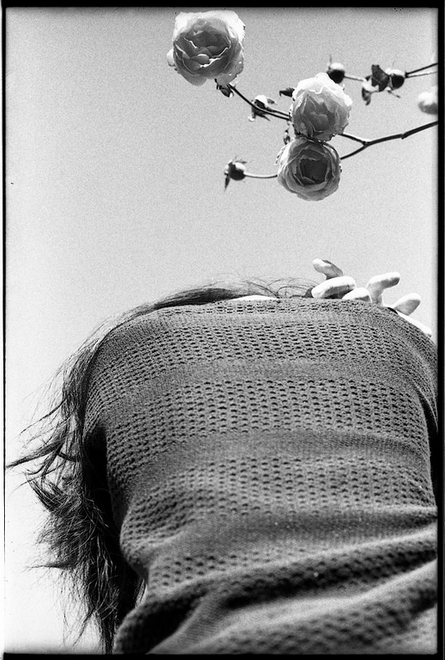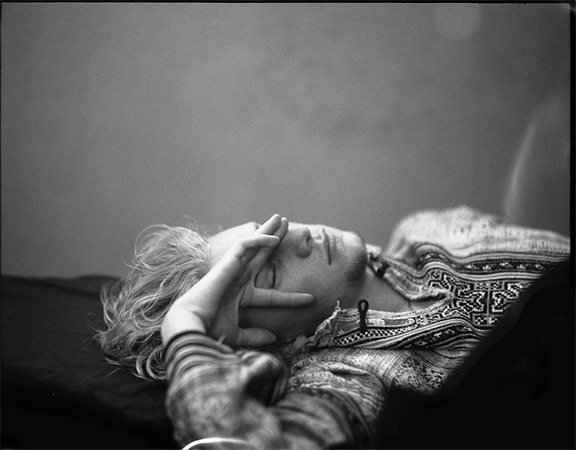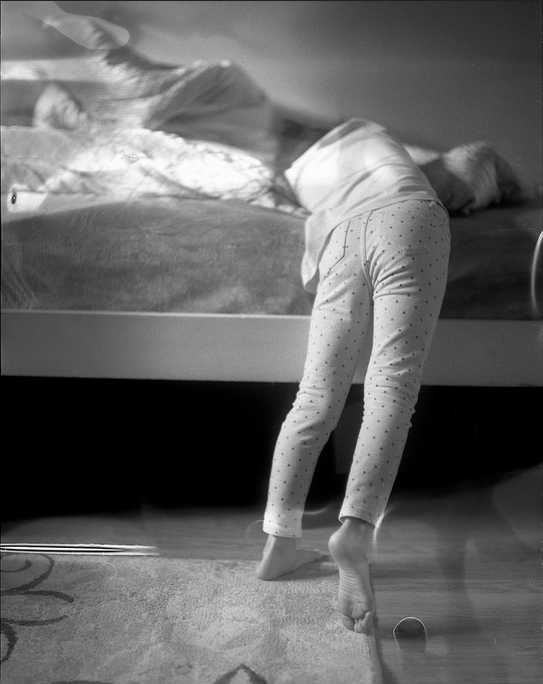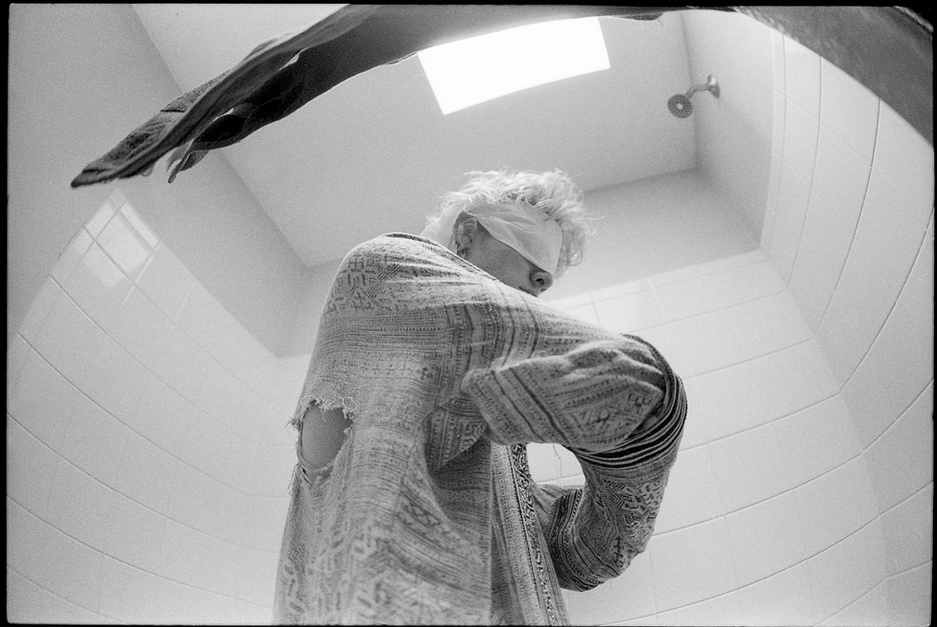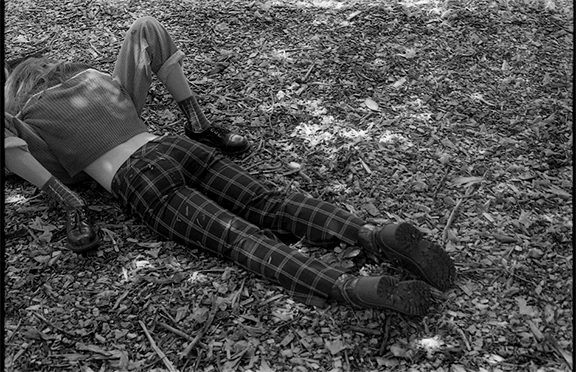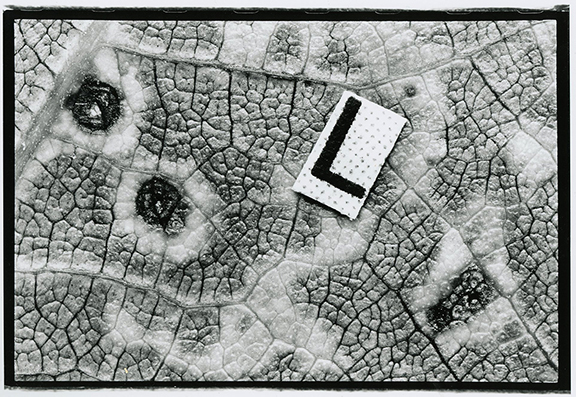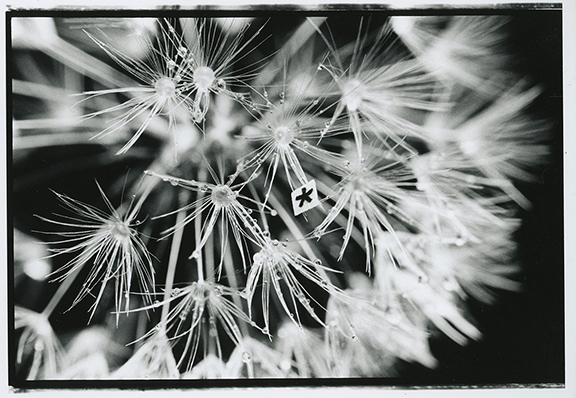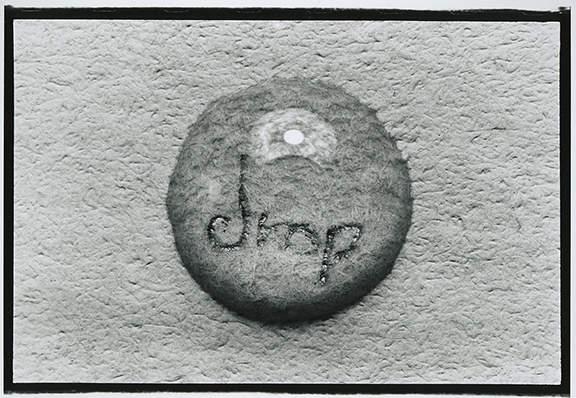One of my best students posted an entry on the school blog about critiquing. His name is Thien, and this is his second year with me. He started out Year 1 by consistently stating how much he disliked all his classmates' work, and we got to chuckle a lot because "There goes Thien again hatin' on another photo!"
Towards the end of last year, he figured out that he was not acting the same as his classmates and he made a decision to change...he stopped speaking his mind, basically. His opinions were the same, but he learned to STFU.
Yesterday during crit a different student sitting in the back row critiqued the critique by complaining that everything was just kinda roses and daffodils during critique. This was a bit of a head-scratcher for me since I'd just had 2 students tell me they're scared of me, but ok. Well, Thien really picked up on this dude's comment and re-blossomed in full form! Then last night he made a post about it entitled, "How to Critique" What I'm posting below is my reply to him.
I have thought about this topic A LOT over many years. I have tried a lot of different approaches. I started out being very blunt and honest. Then one semester I watched something happen…I watched a student wilt under the weight of my words and decided it wasn’t worth it. Because at the point where a person is feeling injured, they stop listening anymore and all my “words of wisdom” (i.e., my opinions and honest assessments) don’t matter anymore.
Here are my current tactics:
1. First of all, I try to notice something good in the pictures, something i can say that will start the conversation off in a direction of OKness.
2. Then I add “things that could be better.” or “what I would do if this were MY picture.” At this point, the more difficult messages come out, if they exist.
3. Then I close by adding something nice.
So the difficult part is surrounded by the softness of positive messages. See, I want to say the truth of what I see, but I want people also to know that I appreciate the things that are right with what they did. Also important to realize, is that people see their photos as extensions of themSELVES. so when you critique a photo, they FEEL it as a personal experience and they understand it as a critique of their value as a person. I think this is an important thing to know. Also, I don’t think it works the same way for you. It seems to me that when you speak about your own work, you are very clearly talking about the photo and the properties it has. I never get the sense that you feel personally attacked by a critique, but I can promise you that others do.
Sometimes people put stuff up and I cannot find the good in it. When that happens, I have no idea what to say because I am not a convincing liar…I have also had students in my class who realize that I unconsciously make faces during critiques that reveal how I am actually feeling, and they watch me for clues, which I probably should not admit here in public, but oh well.
One thing, Thien, that is different between me and you is that you mostly DON’T like stuff. I mostly DO like stuff, and there are all kinds of pictures that are fun for me to look at for many different reasons. I like work that is completely different from mine, and I even like photos that are not "good" when the concept is so extraordinary that I just don’t give a shit about the photos anymore…like, their idea hit me regardless of “do I like it?” I also really appreciate small, personal photos…I find them beautiful and touching. I like monumental photos, I like quiet ones and loud ones. To me, on some level, all photos are expressions of being alive on planet earth. that is so beautiful, even if yeah I know I’m a dork.
So for me it’s relatively easy to say a difficult thing, because I can also say good things. For you, your window of “what makes a picture good.” is very narrow. At one point I thought, “Well, he doesn’t like anything, so it doesn’t matter.” If all you see sucks to you, then your belief that something sucks doesn’t mean much. Another thing, even in pictures that do not touch your heart…isn’t there something there that is also good? Usually, yes. But what I’ve learned over the years: It is hard to see the good properties in things we don’t like. Just like it is hard to hear wisdom from the lips of someone we don’t respect. It’s easier to paint everything with a broad brush…but the broad brush cannot get into the cracks where all the good shit is.
Another thing that is different between me and you is that I am the teacher. So my words carry a certain weight just because I’m the Queen. I need to watch myself for that reason as well. Sometimes in class I will call on people who I know will say what I think, and it relieves me of the responsibility of having to say it. I don’t want to say it….but I have sworn I will always tell the truth.
I think learning how to speak has been the biggest challenge of my sober life. How to say something that is both critical AND constructive…very, very hard. and I’m still learning.
